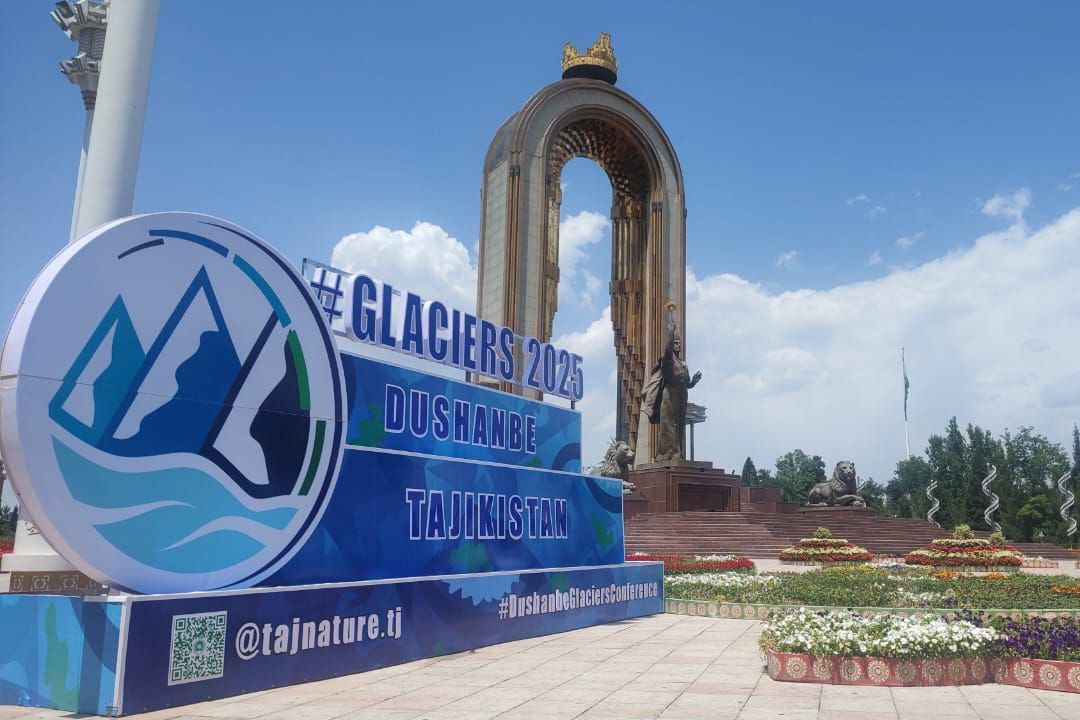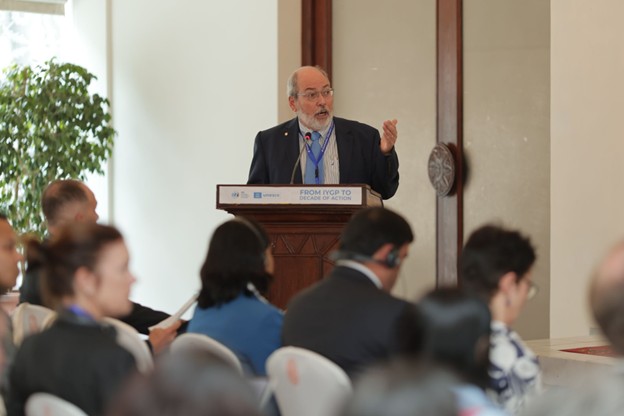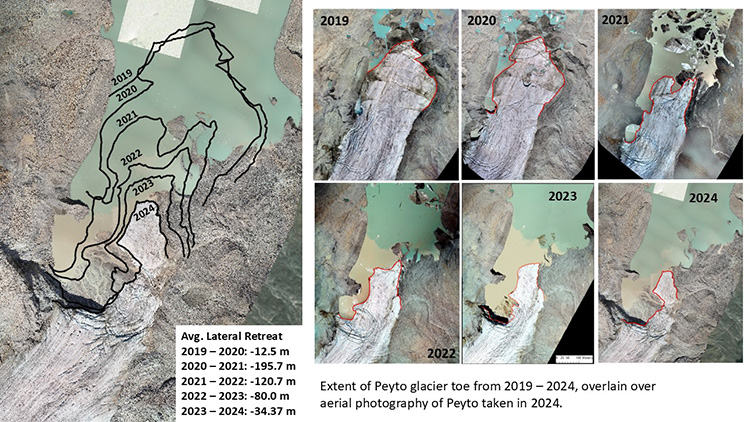
Global Action Urged to Preserve Glaciers - and Humanity - at High-Level Dushanbe Conference
Prof. John Pomeroy, University of Saskatchewan, participated in the High-Level International Conference on Glaciers' Preservation where scientific, financial, and world leaders issued the Dushanbe Glacier Declaration, calling for urgent global climate action to preserve glaciers and safeguard water security for billions.
World leaders, scientists, financial organizations and United Nations agencies convened in Dushanbe, Tajikistan in May 2025 for the High-Level International Conference on Glaciers' Preservation, a pivotal event marking the International Year of Glaciers' Preservation. Against a backdrop of accelerating glacier loss, the conference culminated in the adoption of the Dushanbe Glacier Declaration, a unified call for stronger climate mitigation action to preserve the planet's dwindling reserves of snow and ice, greater resilience through enhanced mountain glacier, snowpack, and permafrost monitoring, early warning systems and sustainable water resources management and investment in adaptation strategies to changing water supplies and increasing hazards.

(Photo: Submitted)
Among the keynote speakers was Canadian hydrologist and glaciologist Professor John Pomeroy, UNESCO Chair in Mountain Water Sustainability and co-chair of the IYGP Advisory Board. Pomeroy delivered a sobering assessment of mountain glacier and snowpack decline and its cascading effects on water security, agriculture, energy systems, and communities worldwide.
"In just the last 50 years," Pomeroy noted, "we've lost nine trillion tonnes of ice from mountains - a mass equivalent to a 62-metre-thick block of ice the size of Tajikistan". His research from the Canadian Rockies, which have lost one-quarter of their glacier mass and are expected to become mostly deglaciated this century, echoes global trends seen in the Alps, Himalayas, and Andes.
With mountain snowmelt and glacier ice melt serving as the single greatest freshwater source for nearly two billion people, the implications are stark. "Glacier destruction is the harbinger of global ecosystem and human destruction," Pomeroy warned. "The climate conditions responsible for the loss of our glaciers also result in heatwaves that we cannot live through, fatal water shortages, and sea-level rise that inundates our cities".

The Dushanbe Glacier Declaration calls for:
- Urgent action to limit global temperature rise to 1.5°C
- Strengthening international collaboration on glacier and snow monitoring
- Expanding scientific research and predictive modeling
- Mobilizing climate finance to support vulnerable high mountain and downstream communities
Pomeroy emphasized that decisions made this year, as countries revise their climate pledges ahead of COP30, could mark a turning point: "Perhaps this will be humanity's grandest achievement. By deciding in Dushanbe to take the climate mitigation actions to preserve the world's glaciers, we can preserve ourselves and our civilization".
As the Earth continues to warm, changes to mountain snow and ice will both increase droughts and floods downstream, decreasing the reliability of water resources for vast regions of the planet. Sea level rise associated with glacier melt will inundate low-lying coastal areas and submerge many small island states. The conference in Dushanbe has made it clear: the time to act is now.
